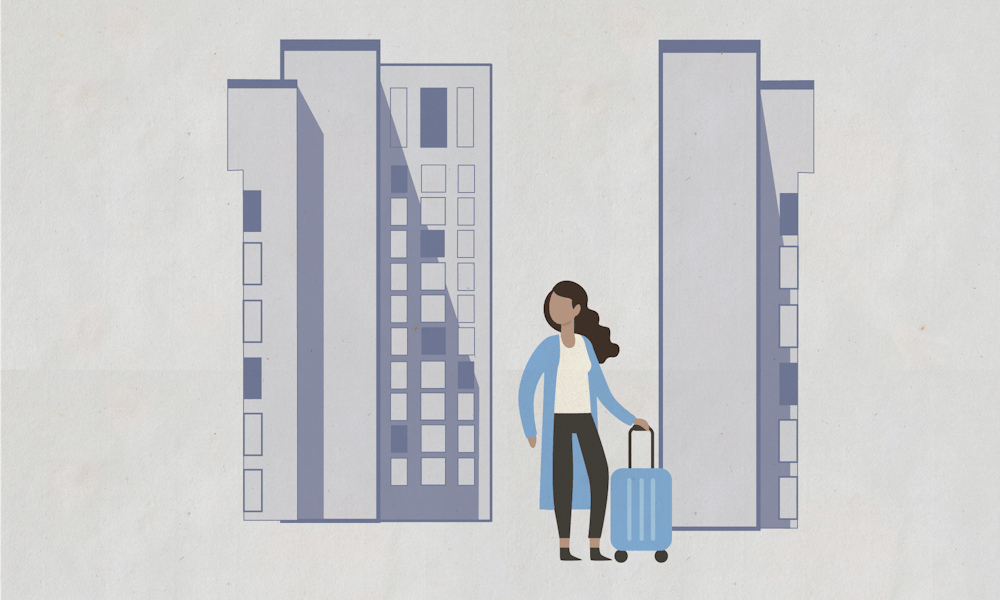
University administrators released an email last week outlining four contingency plans for the fall semester, ranging from some in-person classes to a fully digital approach. The email stated that among other policies, the University is evaluating a plan to house fewer students in the College House system.
While Penn has not settled on a definitive course of action for the fall, one thing is certain: the needs of vulnerable students will not change. Regardless of which approach the University chooses for the fall semester, it must guarantee on-campus housing for low-income and other vulnerable students.
This past semester, students did not perform on an equal playing field. Many had to contend with financial hardship, cramped homes, unstable living situations, spotty internet connections, and other limiting factors that affected their academic performance. Many students were required to leave campus despite having nowhere to go, and forced to enter living situations that limited their academic success. While such a slapdash response was tolerable in the spring given the urgency of the health crisis, it will not be an acceptable approach for the fall. Rather, Penn must offer on-campus housing for its most vulnerable students, and provide them with a quiet and productive place to study and participate in class so they do not fall behind their peers due to circumstances beyond their control. Safely opening its residence halls to vulnerable students is well within the capabilities of the University, and it would level the academic playing field while also prioritizing students’ health, safety, and well-being.
It is impossible to predict how the coronavirus pandemic will evolve between now and the start of the semester. It is hard to know what the University’s testing capabilities will be, or what public health measures will be feasible to undertake on its premises. But given Penn’s vast reserve of medical and epidemiological expertise, its multi-billion-dollar endowment, and the three months it has to prepare this summer, Penn should be able to guarantee that some students will be able to safely return to campus and utilize the College House system. Even if Penn deems it unsafe for most students to return to campus, allowing the most at-risk students to return would likely not pose a significant danger to public health. If the students allowed to return were only a small fraction of the capacity of the College House system, there would be ample space for them to respect the necessary social distancing measures. Dining hall 1920 Commons, which remained open for the full duration of the spring semester, could continue providing take-out services for those who live on campus.
In normal times, many students rely on grant money from Penn to fund their housing and dining. When these students are forced to return home or find off-campus accommodations, undue financial stress is placed on them and their families. In the fall, the University must not force students to learn on empty stomachs or work part-time jobs to support themselves. Many also rely on the University to provide a living situation away from physically or mentally abusive households. The University has the resources to rescue its students from these difficult situations, so Penn should use them to help alleviate stress and worry.
The ongoing pandemic has mired Penn in an ongoing state of uncertainty. While Penn’s administration may not know what the fall semester will look like, it does know the needs of its students, and those needs will not change come fall. Vulnerable and at-risk students’ academics, health, and well-being will be jeopardized without guaranteed on-campus housing in the fall. Penn has an obligation to provide it.
Editorials represent the majority view of members of The Daily Pennsylvanian, Inc. Editorial Board, which meets regularly to discuss issues relevant to Penn's campus. Participants in these meetings are not involved in the reporting of articles on related topics.
The Daily Pennsylvanian is an independent, student-run newspaper. Please consider making a donation to support the coverage that shapes the University. Your generosity ensures a future of strong journalism at Penn.
Donate







